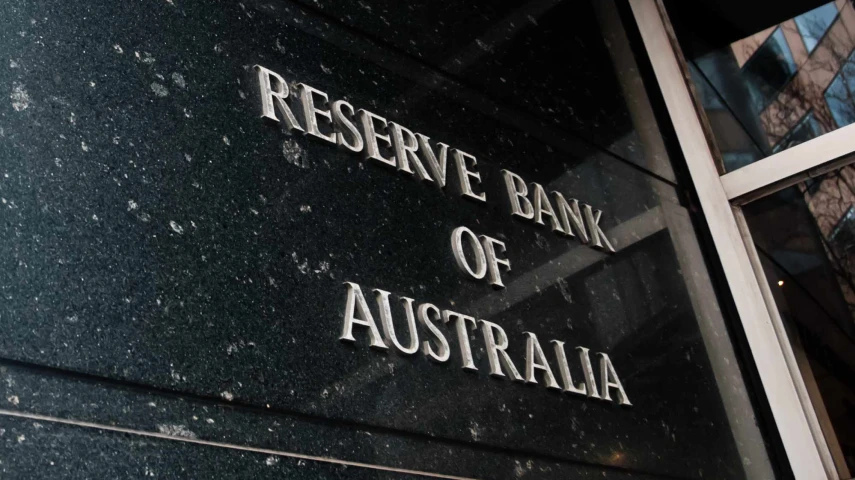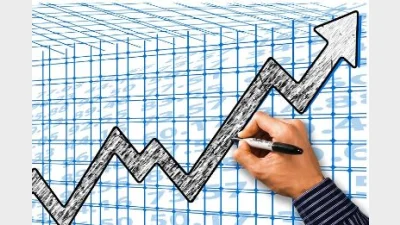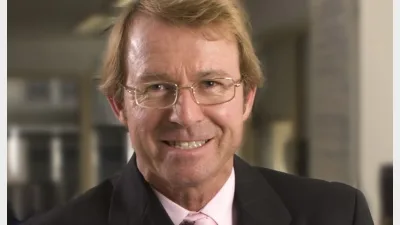RBA announces first rate decision of 2024



The central bank has announced its first interest rate decision since a major revamp, which will see the board meet eight times a year instead of the original 11.
The new-look Reserve Bank (RBA) has left the cash rate unchanged at 4.35 per cent following major changes implemented in response to an independent review of the bank commissioned by Treasurer Jim Chalmers.
The bank, which met on Monday for the first time, delivered a decision broadly in line with market expectations following softer-than-expected Consumer Price Index (CPI) data that revealed an annual increase of 4.1 per cent in the December quarter.
The RBA’s last increase – a 25-bp hike in November – came after an upside surprise in the September quarter CPI. However, since then, both the monthly CPI indicator and the December result have prompted the bank to reconsider its forecast.
But while the RBA announced a hold it did not indicate that easing is in sight and instead hinted at the possibility of further rate hikes.
“While recent data indicate that inflation is easing, it remains high. The board expects that it will be some time yet before inflation is sustainably in the target range. The path of interest rates that will best ensure that inflation returns to target in a reasonable time frame will depend upon the data and the evolving assessment of risks, and a further increase in interest rates cannot be ruled out,” the bank’s post-meeting statement said.
“The board will continue to pay close attention to developments in the global economy, trends in domestic demand, and the outlook for inflation and the labour market.
“The board remains resolute in its determination to return inflation to target and will do what is necessary to achieve that outcome,” reiterating that the central forecasts are for inflation to return to the target range of 2–3 per cent in 2025 and to the midpoint in 2026.
Ahead of Tuesday’s rate announcement, Commonwealth Bank of Australia (CBA) said it sees “no chance of any other outcome” beyond a hold.
“The case to leave monetary policy on hold next week is stronger than at any point in the last two years,” CBA’s economist Gareth Aird said.
CBA expects the RBA to kick off an easing cycle in September that would yield 75 bps of rate cuts before the end of the year, before a further 75 bps of easing in the first half of 2025, taking the cash rate to 2.85 per cent by mid-next year.
HSBC, too, said it expects the central bank to hold in February, but took a more conservative view when forecasting the end of the current cycle, noting that rate cuts are still a “distant prospect”.
“Australia’s economy is moving in the right direction for the RBA to achieve its mandated objectives – but it is getting there only gradually,” chief economist Paul Bloxham said.
“Our central case has the RBA on hold through 2024.”
However, according to AMP’s indicators, inflation continues to point to forthcoming declines that would indicate rate cuts are on the cards.
“We don’t expect rate cuts to reverse all 13 rate hikes over the last two years but by year end, we expect the RBA to have cut rates three times, taking the cash rate to 3.6 per cent,” AMP’s chief economist Shane Oliver said in the lead-up to Tuesday.
Recommended for you
The International Monetary Fund (IMF) has issued a sobering assessment of the global economic landscape in its latest World Economic Outlook, dramatically revised after Donald Trump’s 2 April announcement of sweeping tariff measures.
Growth from the listed company’s key businesses has propelled Generational Development Group to new milestones in the three months to 31 March.
Sharemarkets might have been rallying on the back of central banks’ progress in the inflation fight, if not for Donald Trump’s escalating trade tensions and renewed attacks on the US Federal Reserve, according to AMP’s chief economist Shane Oliver.
Super industry advocates are calling on all parties to prioritise stopping abusers from getting access to their victims’ super.












